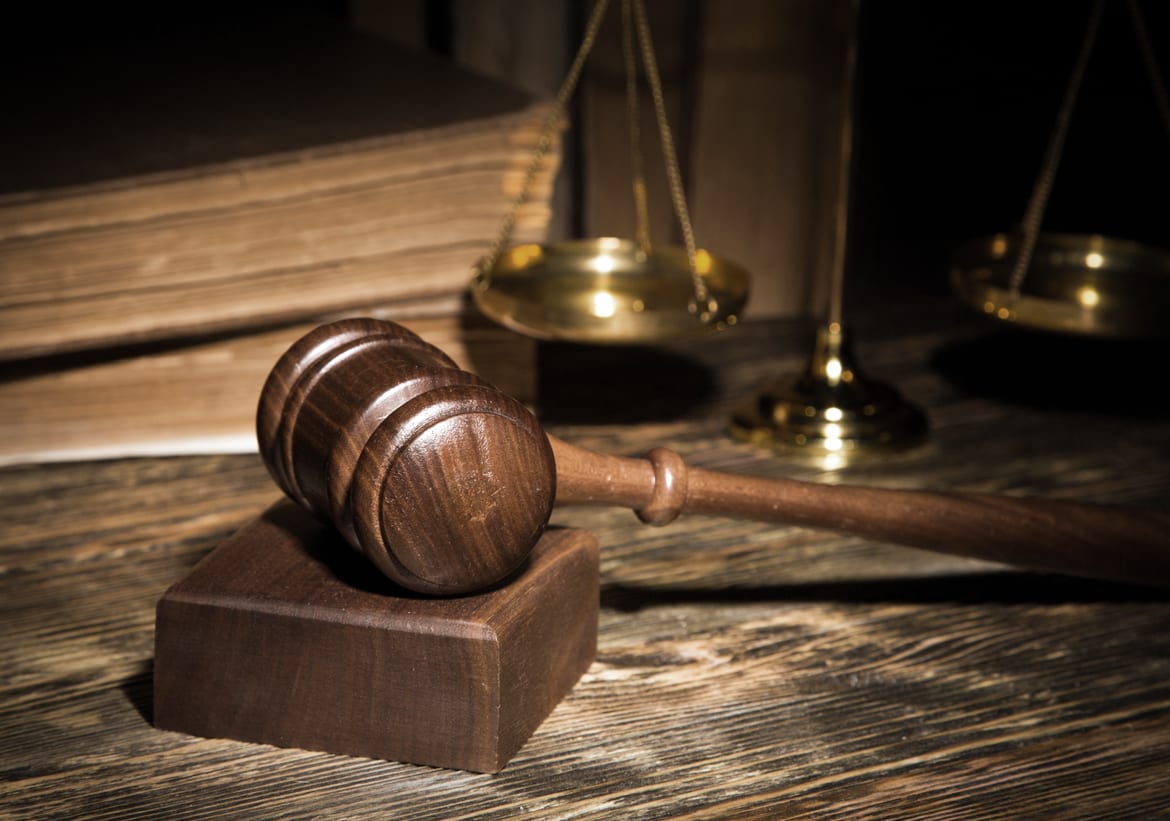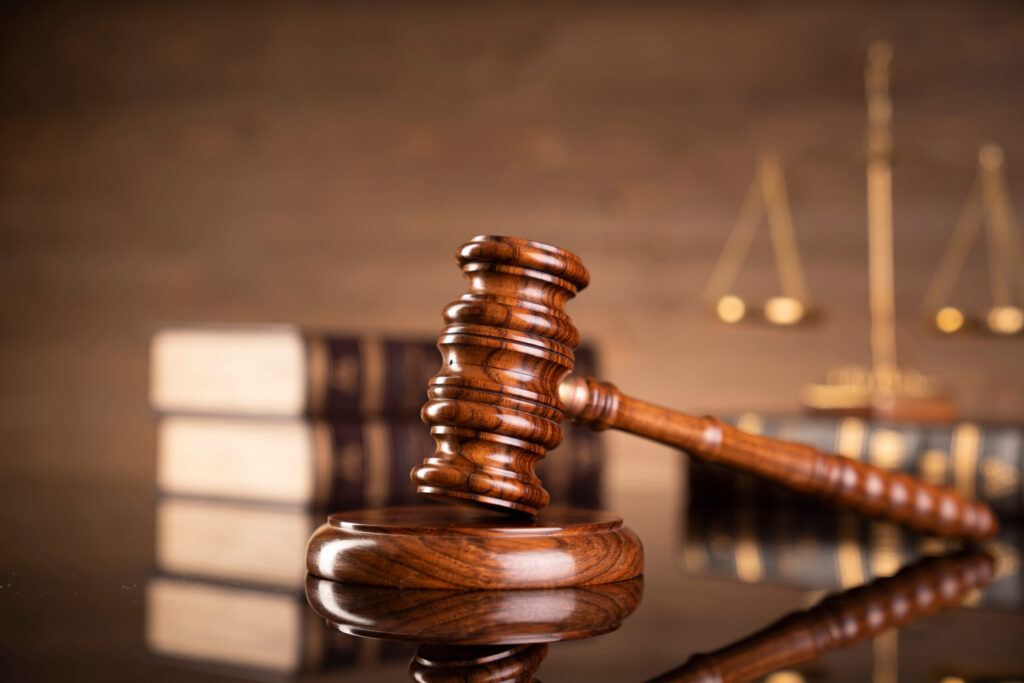On May 2, 2025, in the case of Kabir Paharia v. National Medical Commission & Others, the Supreme Court of India delivered a powerful judgment affirming that reasonable accommodation for Persons with Benchmark Disabilities (PwBD) is a fundamental right, not an act of charity. The Division Bench comprising Justice Vikram Nath and Justice Sandeep Mehta directed the All India Institute of Medical Sciences (AIIMS), New Delhi, to grant admission to Kabir Paharia, a Scheduled Caste (SC) candidate with a locomotor disability, under the PwBD quota for the MBBS 2025 academic session.
The Court criticized the arbitrary exclusion of qualified disabled candidates by administrative authorities, stating that such actions violate Articles 14, 16, and 21 of the Constitution and reinforce institutional discrimination. The verdict is a major step toward ensuring equal opportunity in medical education and mandates the National Medical Commission (NMC) to revise its guidelines so that no deserving PwBD aspirant is left behind in future MBBS admissions. This blog covers a Supreme Court ruling that upheld the fundamental right to reasonable accommodation by directing AIIMS to admit a qualified SC-PwBD candidate who was unfairly denied MBBS admission.
Read Also: SC on Live-in Relationships: No Rape If Mutual
Background of the Case: Reasonable Accommodation as Fundamental Right
Kabir Paharia, the appellant, is a Scheduled Caste (SC) candidate with a permanent locomotor disability, falling under the category of Persons with Benchmark Disabilities (PwBD). He appeared for the NEET-UG 2024 exam and secured a respectable All India Rank (AIR) of 147946, with a PwBD category rank of 176 and SC category rank of 7252.
Despite qualifying and being entitled to a seat under the SC-PwBD quota, Kabir was denied admission to the MBBS course at AIIMS, New Delhi, even though candidates with lower merit rankings were granted seats under the same category.
After facing rejection, Kabir first approached the Delhi High Court through a writ petition, which was dismissed. He then filed a Letters Patent Appeal (LPA), which too was rejected by the Division Bench of the High Court. He finally moved the Supreme Court of India, challenging these decisions.
The Supreme Court Bench, comprising Justice Vikram Nath and Justice Sandeep Mehta, reviewed the findings of a Medical Board, which confirmed that the appellant could efficiently perform essential clinical tasks such as chest compressions, suturing, intubation, and more, despite his disability. The only minor issue noted was difficulty in wearing sterilized gloves, which the Court found insignificant.
“Reasonable accommodation is not a matter of charity but a fundamental right flowing from Articles 14, 16, and 21 of our Constitution… When administrative authorities create arbitrary barriers that exclude qualified PwBD candidates, they not only violate statutory provisions but also perpetuate the historical injustice and stigmatisation.”
— Justice Vikram Nath & Justice Sandeep Mehta, Supreme Court of India
Read Also: SC Defends Urdu Use; Says Language Unites All
Court’s Reasoning: Upholding Disability Rights in MBBS Admissions
The Supreme Court, after carefully reviewing the case facts and the report of the AIIMS Medical Board, found that Kabir Paharia, a Scheduled Caste-PwBD candidate, had clearly proven his ability to carry out essential clinical procedures. In a simulation lab test, he successfully performed medical tasks such as chest compressions, intravenous cannulation, laryngoscope assembly, intubation, and suturing, using his existing digits with functional adaptation. The only minor issue was putting on sterilized gloves is a difficulty that Court termed trivial and not significant enough to deny him admission.
Despite this, Kabir was denied MBBS admission at AIIMS, New Delhi, even though another candidate with a much lower merit rank was granted admission under the SC-PwBD quota. Kabir had an All-India NEET rank of 147946, with a PwBD category rank of 176 and SC rank of 7252. The candidate who received the seat had a lower rank of 159816, proving that Kabir was unfairly excluded.
The Bench of Justice Vikram Nath and Justice Sandeep Mehta stated:
“The mindset must change and this trivial aberration can by no stretch of imagination be a ground to deny admission… Such actions are illegal, arbitrary, and violate the fundamental rights under Articles 14 and 16 of the Constitution.”
The Court strongly condemned the institutional bias and systemic discrimination that led to this exclusion, reaffirming that the right to reasonable accommodation for PwBD in medical admissions is a fundamental right, not a matter of compassion or charity.
The judges further emphasized:
“Substantive equality under the Constitution demands that persons with disabilities be given reasonable accommodations, not rejected based on outdated assumptions about their abilities.”
In conclusion, the Supreme Court ordered AIIMS to immediately allocate a seat to Kabir Paharia under the Scheduled Castes PwBD quota for the MBBS 2025 academic session, and directed that such arbitrary rejections must be avoided in the future.
Read Also: Honour Killing Case: Supreme Court’s Strong Verdict
Legal Provisions and Judicial Precedents
The Supreme Court judgment in Kabir Paharia v. National Medical Commission & Others [2025 INSC 623] was firmly grounded in constitutional rights and supported by prior landmark cases. The Court held that denying MBBS admission to a PwBD candidate despite eligibility is not just a statutory violation but also an infringement of fundamental rights under:
- Article 14 – Right to Equality
- Article 16 – Equality in Public Employment and Educational Opportunities
- Article 21 – Right to Life and Dignity
The Court emphasized that reasonable accommodation for PwBD in medical admissions is not optional and it is constitutionally mandated.
Relevant Precedents Cited
- Om Rathod v. Director General of Health Sciences (2024): The Court ruled that capability assessments of disabled medical aspirants must be individualised and evidence-based, not based on generalised assumptions.
- Anmol v. Union of India & Others (2025): Reinforced that exclusion from medical courses due to outdated medical fitness standards violates the rights of PwBD candidates.
Using these judgments, the Supreme Court directed the National Medical Commission (NMC) to revise its guidelines within two months, ensuring that deserving PwBD candidates are not left out of MBBS admissions in the future.
Read Also: Functional Disability | Employees’ Compensation Act 2025
Supreme Court’s Key Remarks
The Division Bench of Justice Vikram Nath and Justice Sandeep Mehta made several important observations that underline the spirit of the Constitution and the urgency for systemic change:
“Reasonable accommodation is not a matter of charity but a fundamental right flowing from Articles 14, 16, and 21 of our Constitution.”
“When administrative authorities create arbitrary barriers that exclude qualified PwBD candidates, they not only violate statutory provisions but also perpetuate the historical injustice and stigmatisation.”
“Such action not only reflects institutional bias and systemic discrimination but also undermines the principles of equal opportunity and non-discrimination enshrined in our constitutional framework.”
“Substantive equality demands that persons with disabilities be afforded reasonable accommodations rather than subjected to exclusionary practices based on unfounded presumptions.”
These remarks reaffirm that institutions must shift their mindset, treat every aspirant as an individual, and abandon outdated and biased assumptions about disability and capability.
Read Also: Two-finger Test Condemned by Supreme Court Ruling
Impact of the Judgment
This ruling has set a strong precedent for inclusive medical education in India. It reinforces that disabled aspirants, especially those under the PwBD quota, cannot be sidelined due to institutional prejudice or rigid regulations.
Key Impacts:
- Recognizes Reasonable Accommodation as a Fundamental Right: The judgment makes it clear that support for PwBD students is a constitutional duty, not a form of charity.
- Pushes Reform in Medical Admission Guidelines: The Supreme Court’s direction to the NMC ensures that future PwBD candidates will face fairer, scientifically grounded assessments.
- Challenges Stereotypes: By highlighting that a minor difficulty (like wearing gloves) is not a valid reason to reject an aspirant, the Court sends a message against outdated notions of disability.
- Boosts Equal Opportunity in Education: The case strengthens the right to equal access to MBBS admission for PwBD candidates, especially those from Scheduled Castes and other marginalized backgrounds.
Final Thoughts
The Supreme Court’s judgment in the Kabir Paharia case marks a historic stand for the rights of students with disabilities in medical education. By directing AIIMS to admit a deserving SC-PwBD candidate who was unfairly denied entry, the Court sent a powerful message: reasonable accommodation is not a favor but it is a constitutional obligation.
This ruling does more than correct one wrong; it paves the way for a more inclusive and fair admission process for PwBD candidates across India. It holds institutions accountable for discriminatory practices and reinforces the idea that equal opportunity and dignity are the cornerstones of education, regardless of physical ability or caste.
Read Also: Supreme Court Directs Inclusive Digital KYC Access




